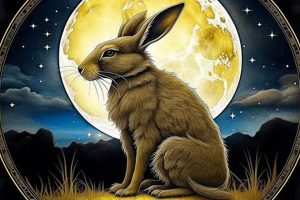
In certain astrological traditions, the lunar cycle is linked to animal symbolism. The association of hares with the March full moon, sometimes called the Worm Moon, likely stems from their increased activity... Read more »
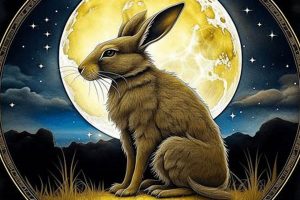
In some cultural interpretations of lunar symbolism, specifically East Asian traditions, the dark markings on the Moon’s surface are perceived not as a “man in the moon” but as a rabbit or... Read more »
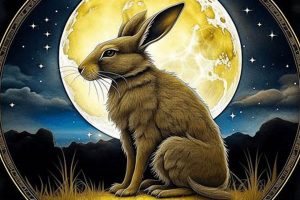
Lunar symbolism combined with leporine imagery forms the foundation of a unique astrological framework. This system often links the moon’s cycles with the hare’s perceived characteristics, such as intuition, fertility, and transformation.... Read more »
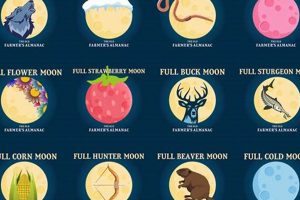
The lunar cycle culminates in its fullness each month, an event imbued with symbolic meaning in astrological traditions. In November, this celestial phenomenon takes on unique characteristics due to its placement within... Read more »
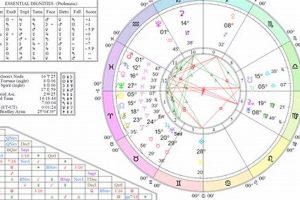
A lunar eclipse occurs when the Earth passes between the Sun and the Moon, casting a shadow over the lunar surface. This phenomenon can only happen during a full moon, when the... Read more »
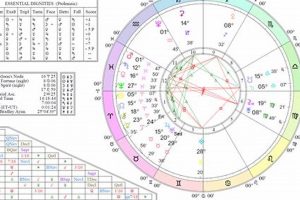
A lunar eclipse occurs when the Earth passes between the Sun and the Moon, casting a shadow over the lunar surface. A full moon is required for a lunar eclipse to happen,... Read more »

When the moon reaches its full phase while positioned in the astrological sign of Capricorn, it creates a specific celestial configuration. This alignment is associated with themes of ambition, structure, responsibility, and... Read more »
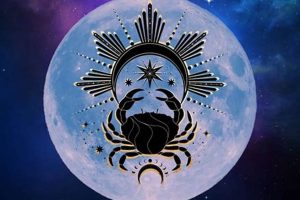
A lunar cycle culminates with the full moon, a time of heightened emotions, illumination, and release. When this occurs in the water sign Cancer, associated with home, family, and emotional security, individuals... Read more »
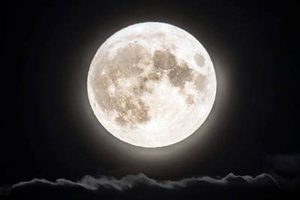
A confluence of lunar events a second full moon in a calendar month (a blue moon), a full moon coinciding with perigee (a supermoon), and the broader astrological interpretations associated with the... Read more »
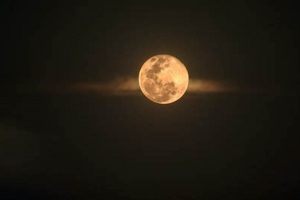
The full moon occurring in December is often referred to as the “Cold Moon,” a moniker rooted in traditional timekeeping practices that linked celestial events with seasonal changes. This lunation coincides with... Read more »


